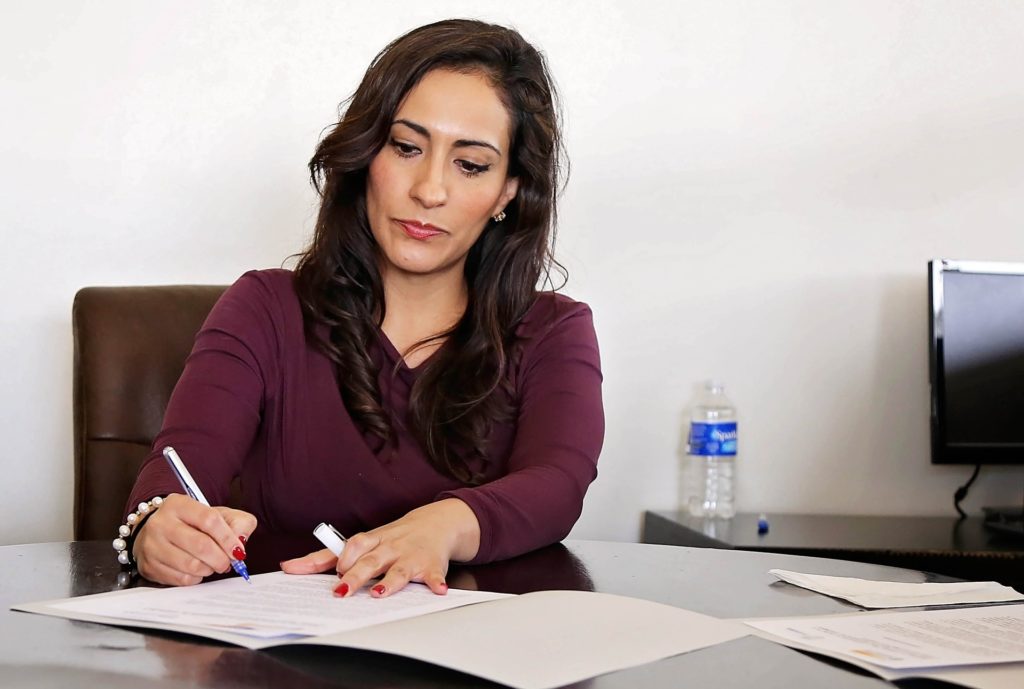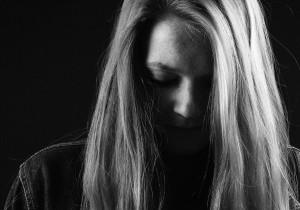- Calls to this hotline are currently being directed to Within Health, Fay or Eating Disorder Solutions
- Representatives are standing by 24/7 to help answer your questions
- All calls are confidential and HIPAA compliant
- There is no obligation or cost to call
- Eating Disorder Hope does not receive any commissions or fees dependent upon which provider you select
- Additional treatment providers are located on our directory or samhsa.gov
Gender Issues Related to Eating Disorders

As our society begins to explore further, and better understand, the spectrum of gender identity, we also begin to understand better how the gender issues impact an individual’s experience of the world and others around them.
In relation to eating disorders, much research has been focused on how the gender identities of “male” and “female” impact disordered, to the benefit of struggling individuals and service providers.
Thankfully, this is also becoming true of individuals in the LGBTQ+ community, although there is much more work to be done in researching this.
The research that does exist regarding gender and eating disorders makes it clear – the correlation between these two aspects cannot be ignored when it comes to treatment.
A “Women’s Disorder”
Eating disorders have long been considered a “women’s” illness and this assumption has had harmful effects on the diagnosis of eating disorders in other genders.
Framing these disorders as primarily “female,” leads to biases in treatment as well as diagnosis, with symptoms that may be glaringly related to an eating disorder ignored or misattributed in those identifying as male or LGBTQ+ that would have received the appropriate diagnosis if they appeared in someone identifying as female.
In fact, one study found that 30 to 40% of men are misdiagnosed and that the majority of their symptoms are attributed to mood or anxiety disorders instead of eating disorders [1].
Additionally, framing these disorders as “feminine” or “female” can cause further distress for those struggling, particularly men, who report feeling increased shame and guilt over association with an eating disorder diagnosis.
Experience of the Disorder
Research also indicates that individual’s of various gender identities experience their disorders differently.
It is certainly true that individuals identifying as “female” interact with the world vastly different than those that identify as “male,” with increased experiences of sexism and discrimination that impact their self-view, finances, relationships, and careers.
This becomes even more nuanced when one considers the worldview and experiences of an LGBTQ+ individual, who faces even further discrimination.

This, as well as biological differences in individuals with various sex hormones, can impact their eating disorder. For example, those identifying as male have a higher propensity for competition. As such, their disorder becomes competitive.
As mentioned above, the male experience of disordered eating is often ignored or misdiagnosed unless it is labeled as “severe.”
One study, interestingly, found that these two aspects often coincide and result in male-identifying individuals escalating their disordered eating behaviors to compete for treatment [1].
Gender Issues Impact on Treatment
Despite much of treatment being focused on individuals identifying as female, it is worth noting that individuals of all gender identities, including females, report that treatment insufficiently addresses the issue of gender at all.
In regard to the female experience of treatment, women overwhelmingly report that their voices felt “filtered and constrained within the treatment context [1].”
Further, individuals identifying as female report that treatment interventions “only superficially address the real issues that these women faced that were intertwined with their gender [1].”
Individuals identifying as male and LGBTQ+ echoed this sentiment even further, reporting that not only was gender identity not addressed in treatment, but that, even when they attempted to bring it to the table, they felt silenced, marginalized, and, isolated [1].
The Invisible Struggle
Individuals that struggle with an eating disorder and identify as transgender overwhelmingly report that they “choose” not to disclose their gender identity in treatment.
Many attribute making this “choice” to “avoid stigma and discrimination that they had previously experienced through specific past negative experiences with healthcare providers [1].”
Further, individuals that did disclose their gender identity report that their healthcare provider often sidesteps it as if it had not happened, leading these individuals to feel that an essential aspect of their selfhood was utterly ignored in treatment [1].
 It is likely that much of this has to do with a lack of health literacy regarding LGBTQ+ individuals and experiences.
It is likely that much of this has to do with a lack of health literacy regarding LGBTQ+ individuals and experiences.
This is damaging to LGBTQ+ individuals, as well as the eating disorder community at large when individuals do not feel comfortable enough to discuss their gender identity in treatment.
As journalist Anderson Cooper has said, “the tide of history only advances when people make themselves fully visible.”
Individuals that identify as transgender and report disclosing this to their healthcare professional with the healthcare professional providing little to no response shared that this only served to distress them further and increase their feelings of marginalization [1].
Treatment approaches and relapse prevention techniques cannot advance unless the individual bravely battling their eating disorder is able to confidently assert their identity and have it be considered in their treatment.
The Next Step
Despite the vast aspects of eating disorder experiences and treatment covered above, the truth is, it only skims the surface.
There is much more to be said, considered, and researched when it comes to gender identity and the experience of eating disorders.
However, a large takeaway that can be garnered is that gender undoubtedly impacts eating disorders and, therefore, must be not only considered but discussed and processed in treatment.
Resources:
[1] Thapliyal, P. et al. (2018). Role of gender in the treatment experiences of people with an eating disorder: a metasynthesis. Journal of Eating Disorders, 6:18
 About the Author:
About the Author:
Margot Rittenhouse, MS, PLPC, NCC is a therapist who is passionate about providing mental health support to all in need and has worked with clients with substance abuse issues, eating disorders, domestic violence victims, and offenders, and severely mentally ill youth.
As a freelance writer for Eating Disorder Hope and Addiction Hope and a mentor with MentorConnect, Margot is a passionate eating disorder advocate, committed to de-stigmatizing these illnesses while showing support for those struggling through mentoring, writing, and volunteering. Margot has a Master’s of Science in Clinical Mental Health Counseling from Johns Hopkins University.
The opinions and views of our guest contributors are shared to provide a broad perspective of eating disorders. These are not necessarily the views of Eating Disorder Hope, but an effort to offer a discussion of various issues by different concerned individuals.
We at Eating Disorder Hope understand that eating disorders result from a combination of environmental and genetic factors. If you or a loved one are suffering from an eating disorder, please know that there is hope for you, and seek immediate professional help.
Published on November 30, 2018.
Reviewed & Approved on November 30, 2018, by Jacquelyn Ekern MS, LPC
Published on EatingDisorderHope.com

The EatingDisorderHope.com editorial team comprises experienced writers, editors, and medical reviewers specializing in eating disorders, treatment, and mental and behavioral health.

